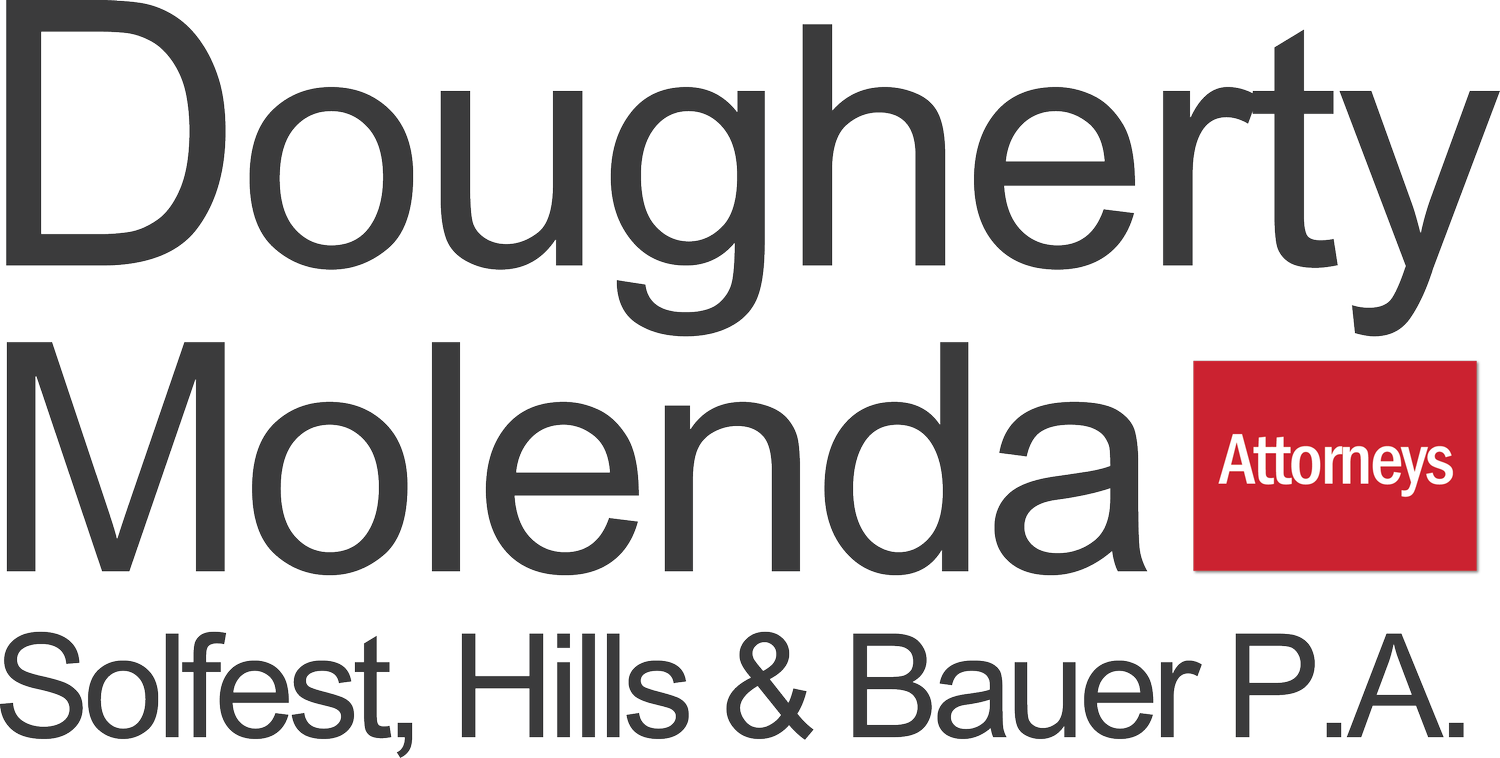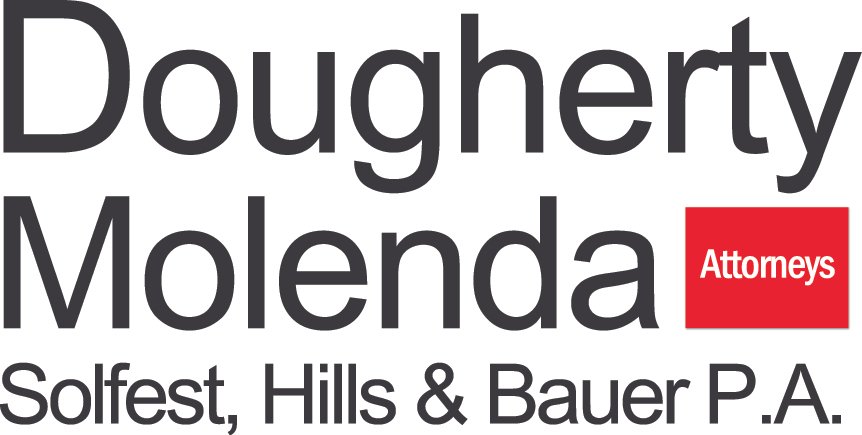
Landlord and Tenant law in Minnesota is governed by Minn. Stat. § 504B.001 through Minn. Stat. § 504B.471. These laws cover a variety of claims that arise between landlords and tenants in Minnesota. The laws also establish basic rules that govern the landlord-tenant relationship. For example, where a written lease exists, a landlord must give the tenant a copy. If a tenant pays rent in cash, the landlord must provide a receipt. By understanding these rules, and others like them, landlords protect themselves from unnecessary exposure to lawsuits and claims that can be time-consuming and expensive to defend.
Recent Legislative Changes to Landlord-Tenant Law (2024)
Minnesota updated and revised many statutes which apply to the rights and responsibilities of landlords and tenants. It is important for leases to be updated to reflect these recent changes and minimize exposure for punitive damages up to and including treble damages and attorney’s fees.
Local municipalities may also impose ordinances regarding the regulation of landlords and tenants.
Landlords are encouraged to update their leases to strictly comply with the legislative updates and local ordinances.
Some important changes to Minn. Stat. 504B include:
Disclosure of fees
Terminating Tenancy at Will
Advertising
Applicant Screening
Notice requirements (prior to filing an unlawful detainer)
Landlords could face punitive damages and expose themselves to civil liability for non-compliance with the updated statutes. Our attorneys can assist landlords in drafting new leases that comply with the statutory requirements and reduce potential exposure for liabilities.
Rent Escrow Actions
Chapter 504B also outlines the circumstances in which a tenant may withhold rent if a landlord is not following the lease or the law relating to building upkeep or maintenance. Our attorneys have represented landlords in all aspects of rent escrow actions, including at trial. If a tenant sues a landlord or raises rent escrow as a defense in an eviction proceeding, our attorneys can provide legal advice and give you options to resolve or defend the litigation.
“Unlawful Detainer” or Eviction Actions
When a tenant breaches a lease by failing to pay rent or by violating other parts of the lease (for example, keeping five dogs when the lease allows only one), a landlord may evict the tenant through an “unlawful detainer” action. Also known as “eviction actions,” these cases are scheduled on very short notice (between 7 to 14 days). Many landlords believe the eviction process is lengthy or complex. However, it does not need to be. Although rules vary by county in Minnesota (with unique rules in Hennepin and Ramsey County), our attorneys guide landlords through the eviction process so that possession of property is promptly restored.
Our attorneys also provide guidance to residential landlords after the eviction hearing. For example, our attorneys provide guidance about security deposits and storage of property left behind by tenants.
It Starts with a Strong Lease
As with any case involving a contract, the language used in that contract makes a difference. Leases are no different. A strong lease can provide more rights and better outcomes for landlords who face litigation with a tenant. A strong lease can even stop litigation before it starts, or preserve the property and its value. For example, consider the difference between these clauses that address a common issue, smoking.
Example #1: “Tenant shall not allow smoking on the Premises.” MSBA Real Property Form No. 41.
Example #2: There shall be no smoking by Tenant, members of Tenant’s household or Tenant’s guests anywhere in the House or on any part of the property covered by this Lease. The term “smoking” means inhaling, exhaling, breathing, or carrying any lighted cigar, cigarette, or other tobacco product or similar lighted product in any manner or in any form. Tenant acknowledges that smoking is harmful to health and that smoking is the number one cause of residential fire deaths. Tenant also acknowledges that the odor and carcinogens in second-hand smoke can become imbedded in carpet, paint, drapes, etc., resulting in damage to the House. In view of the high priority Landlord has placed on keeping the House and its curtilage in a smoke-free condition, any violation of this paragraph shall result in a fine of $500.00 payable immediately to Landlord by Tenant for each day a violation of this paragraph is observed by Landlord or Landlord’s agent. A violation of this paragraph shall constitute a material breach of the Lease. Tenant further acknowledges that damage caused by smoking is not ordinary wear and tear under this Lease because smoking is expressly disallowed by this Lease. Therefore, Tenant shall be liable to Landlord for the full cost incurred by Landlord to remediate damage, deterioration or odor caused by a violation of this paragraph. Tenant further acknowledges that in addition to direct evidence of smoking as a violation of this paragraph, there shall be a presumed violation of this paragraph if the Landlord smells smoke odor, observes ashtrays or observes cigarettes or cigarette butts in or near the House.
By providing thorough guidelines about smoking, questions can be eliminated at later stages, particularly in litigation. By avoiding boilerplate lease forms available online (like Example #1 above), landlords can save hundreds or even thousands of dollars in litigation expenses through documents drafted by DMSHB’s experienced real estate attorneys.
Learn More
Our attorneys routinely appear in housing courts on behalf of landlords in Minnesota’s courts. Our attorneys have the experience and legal knowledge to advise landlords in both residential and commercial cases. To learn more about the legal representation and guidance we provide to landlords, please call us at 952-432-3136 or, if you prefer, contact us using our online form.

